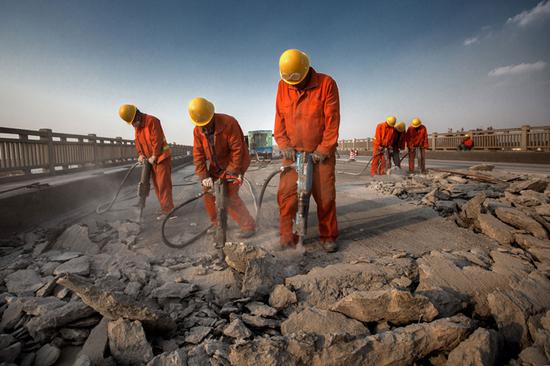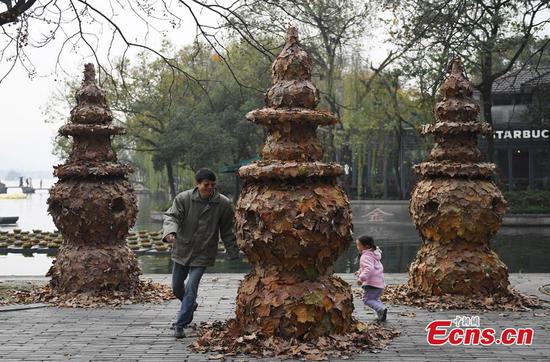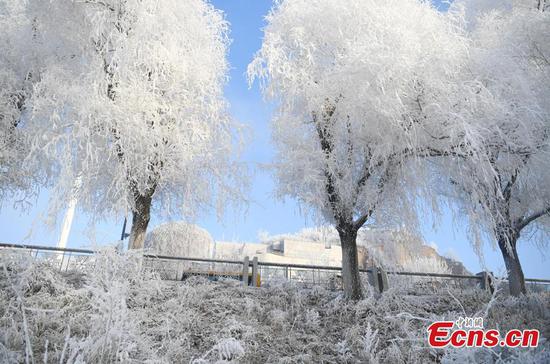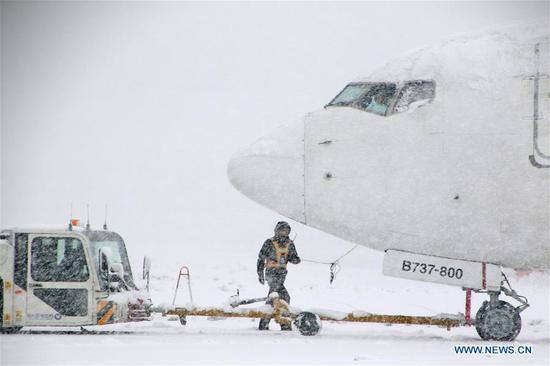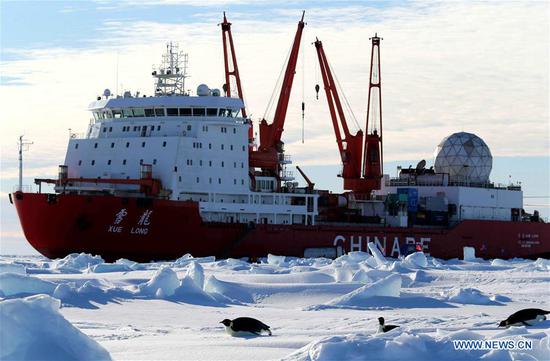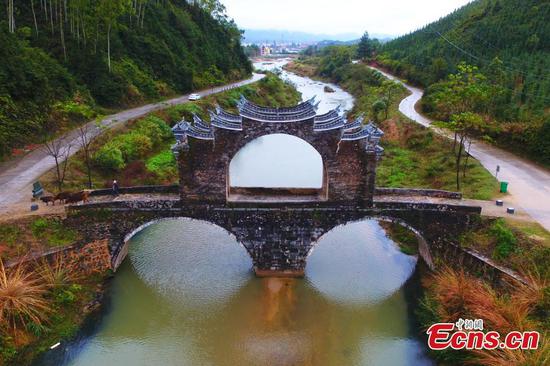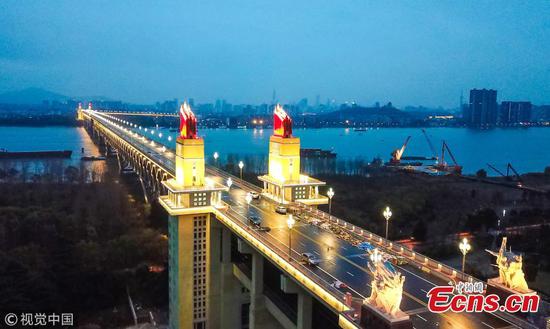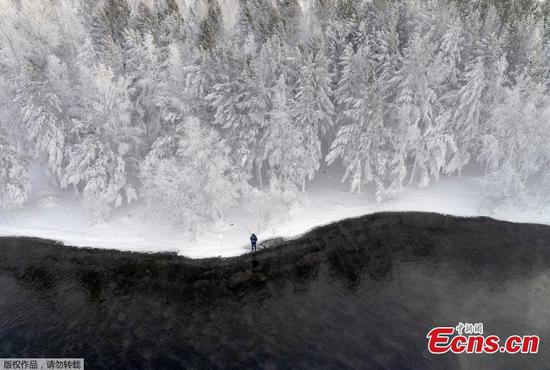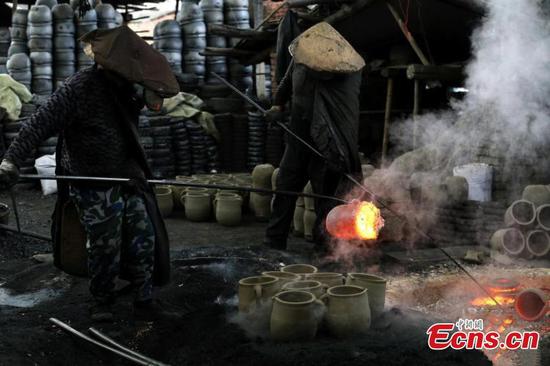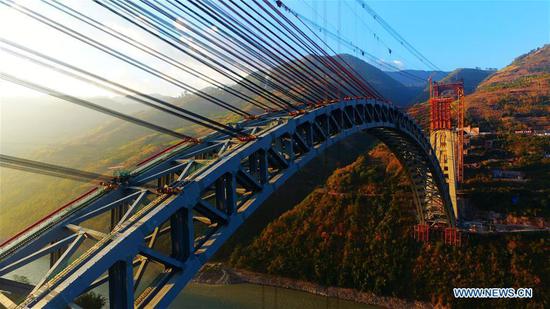Despite overall rainfall increasing as global temperatures rise, the world could still be headed for widespread drought if countries do not respond with infrastructure based solutions to water scarcity, according to an Australian study released on Thursday.
An exhaustive analysis, led by professor Ashish Sharma from the University of New South Wales showed that while, as expected, rainfall is increasing with global warming -- drier soil means water is being absorbed and made useless, rather than replenishing the earth's vital river systems.
While the more extreme, life threatening floods and storms are increasing, the more moderate floods which fill dams and reservoirs, and are the basis for our water supply, are reducing with the rise in global temperatures.
"The reason these floods are going down is because the soils are getting drier, because of higher temperatures, and when the rain comes down, most of it is soaked up by the soil," Sharma said.
"The problem is that we need more of the water to run off into the rivers because that is our main source of water."
On top of there being less available water, the drier soils mean that to sustain their crops farmers are requiring more and more water, which just isn't there.
"So you're having this strange situation that the flows into the dams are reducing, and the farmers are needing more water," Sharma said.
"It's not really a pleasant situation from any angle."
The study is based on real data from 43,000 rainfall stations and 5,300 river monitoring sites, rather than on future modelling simulations, which means that the cycle of reduced water availability is already occurring and exacerbating current droughts worldwide.
So far the earth has experienced a 0.9 degree rise in temperature, with an expected 3.5 degree celsius rise in temperatures by 2100.
This means that countries will have to implement large scale infrastructure projects if much of the land currently utilised by humans is to remain arable and habitable.
One country which is already undertaking massive civil engineering projects to ensure water security is China.
China is running parallel schemes for urban and rural areas -- it is stipulated that city developments should be to make "sponge cities", incorporating green infrastructure such as gardens on roofs and building sides, which dampens flood peaks.
Meanwhile for rural China, water diversion projects are in place whereby water is transferred from the wetter rivers in the south, to drier rivers in the north, allowing them to grow more crops.
However many parts of the world are already falling behind in terms of water infrastructure and Sharma predicts they will struggle to keep up with the massive costs required to combat this problem.
"We can afford to do all of this in the developed and the better off countries which have thriving economies," Sharma said, "The poorer countries will have difficulty because the soils will dry up, and their existing water infrastructure is probably already inadequate."
"All of these projects take a lot of effort and money so I think we just have to get started in an inclusive and open manner, and try to increase water security for all the generations to come."









